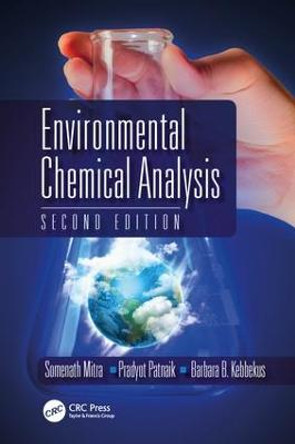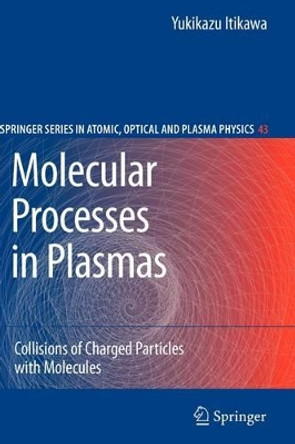Description
A modern separation process textbook written for advanced undergraduate and graduate level courses in chemical engineering.
About the Author
Kamalesh K. Sirkar is a Distinguished Professor of Chemical Engineering and the Foundation Professor of Membrane Separations at New Jersey Institute of Technology (NJIT). His research areas are membranes and novel membrane-based processes. He is the Editor-in-Chief of Current Opinion in Chemical Engineering. Professor Sirkar has received multiple awards, including the 2009 NJIT Overseer's Excellence-in-Research Medal and has authored or co-authored 160 refereed journal articles, 19 book chapters and 27 US Patents. His co-edited book, Membrane Handbook, won the Professional Scholarly Publishing Award for the Most Outstanding Engineering Work in 1992.
Reviews
'The first comprehensive book that takes the fundamentals of separation on a molecular level as the starting point! The benefit of this approach is that it gives you a thorough insight in the mechanisms of separation, regardless of which separation is considered. This makes it remarkably easy to understand any separation process, and not only the classical ones. This textbook finally brings the walls down that divide separation processes in classical and non-classical.' Bart Van der Bruggen, University of Leuven, Belgium
'This strong text organizes separation processes as batch vs continuous and as staged vs differential. It sensibly includes coupled separation and chemical reaction. Supported by strong examples and problems, this non-conventional organization reinforces the more conventional picture of unit operations.' Ed Cussler, University of Minnesota
'This book fills the need by providing a very comprehensive approach to separation phenomena for both traditional and emerging fields. It is effectively organized and presents separations in a unique manner. This book presents the principles of a wide spectrum of separations from classical distillation to modern field-induced methods in a unifying way. This is an excellent book for academic use and as a professional resource.' C. Stewart Slater, Rowan University
'This book is an excellent resource for the topic of chemical separations. The text starts by using examples to clarify concepts. Then throughout the text, examples from many different technology areas and separation approaches are given. The book is framed around various fundamental approaches to chemical separations. This allows one to use this knowledge for both current and future needs.' Richard D. Noble, University of Colorado
'This book provides a unique and in depth coverage of separation processes. It is an essential reference for the practicing engineer. Unlike more conventional textbooks that focus on rate and equilibrium based separations, Professor Sirkar focuses on how a given separation takes place and how this is used in practical separation devices. Thus the book is not limited by application e.g. chemical or petrochemical separations. ... As chemical engineering becomes increasingly multidisciplinary ... the book will become an essential guide for practitioners as well as students. ... The unique layout of the text book allows the instructor to tailor the content covered to a particular course. Undergraduate courses will benefit from the comprehensive and systematic coverage of the basics of separation processes. Whether the focus of a graduate course is traditional chemical separations, bioseparations, or separation processes for production of renewable resources the book is an essential text.' Ranil Wickramasinghe, University of Arkansas
'This advanced textbook provides students and professionals with a unique and thought-provoking approach to learning separation principles and processes. Professor Sirkar has leveraged his years of experience as a separation scientist and membrane separation specialist, to provide the reader with a clearly written textbook full of multiple examples pulled from all applications of separations, including contemporary bioseparations. Compared to other separations textbooks, Professor Sirkar's textbook is holistically different in its approach to teaching separations, yet provides the reader with a rich learning experience. Chemical engineering students and practicing professionals will find much to learn by reading this textbook.' Daniel Lepek, The Cooper Union
Book Information
ISBN 9780521895736
Author Kamalesh K. Sirkar
Format Hardback
Page Count 909
Imprint Cambridge University Press
Publisher Cambridge University Press
Weight(grams) 2150g
Dimensions(mm) 252mm * 192mm * 42mm





